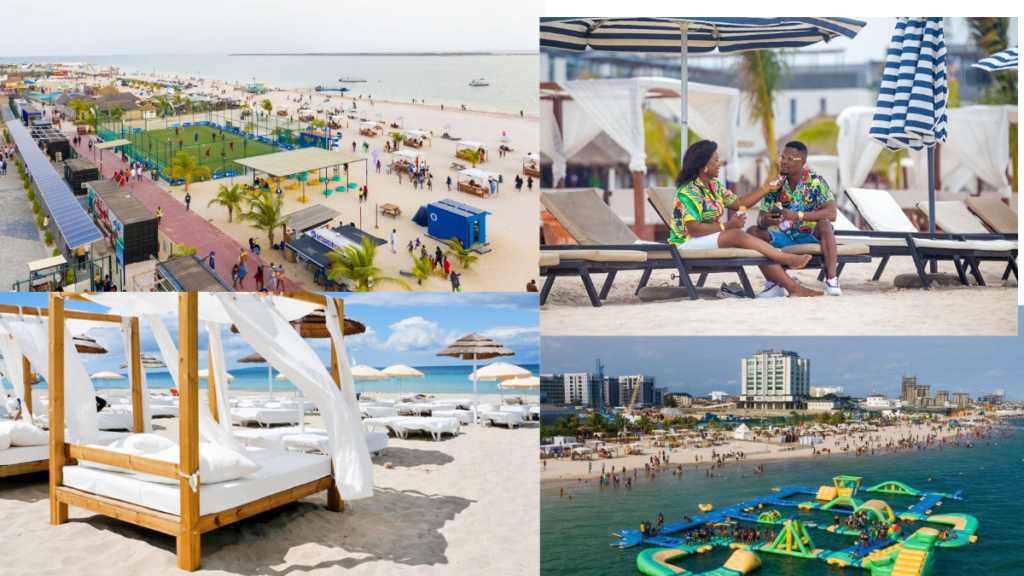Nigeria’s ambitious plan to construct a 700km coastal road from Lagos to Calabar promises to revolutionize transportation infrastructure and connectivity across the country. This mega-project, championed by Governor Umahi, holds the potential to unlock economic opportunities, boost tourism, and enhance regional integration.

The proposed coastal road aims to link major cities and communities along Nigeria’s southern coastline, facilitating faster and more efficient movement of goods, people, and services. By connecting Lagos, the economic hub of the nation, to Calabar, a strategic port city in the south, the road will create vital trade routes and stimulate economic growth in both regions.

Furthermore, the project is expected to open up previously inaccessible areas, fostering development in rural communities and promoting socio-economic inclusion. Improved access to markets, healthcare facilities, and educational institutions will empower local populations and drive sustainable development along the coastal corridor.
However, the ambitious road construction also comes with its challenges, notably the potential impact on existing infrastructure and natural landmarks. The proposed route cuts through areas of environmental significance, posing risks to fragile ecosystems and biodiversity.
One such concern is the fate of Landmark Beach, a renowned tourist destination and a significant investment hub in Lagos. With an estimated $250 million investment at stake, the prospect of losing this valuable property to make way for the coastal road raises questions about balancing economic development with environmental conservation.
As Nigeria embarks on this transformative infrastructure project, it is imperative to strike a balance between progress and preservation. Sustainable development practices, comprehensive environmental impact assessments, and meaningful stakeholder engagement will be crucial in mitigating the adverse effects and maximizing the benefits of the Lagos-Calabar coastal road.
Ultimately, the success of this monumental undertaking hinges on careful planning, collaboration, and a commitment to creating a more connected, resilient, and prosperous Nigeria for generations to come.

